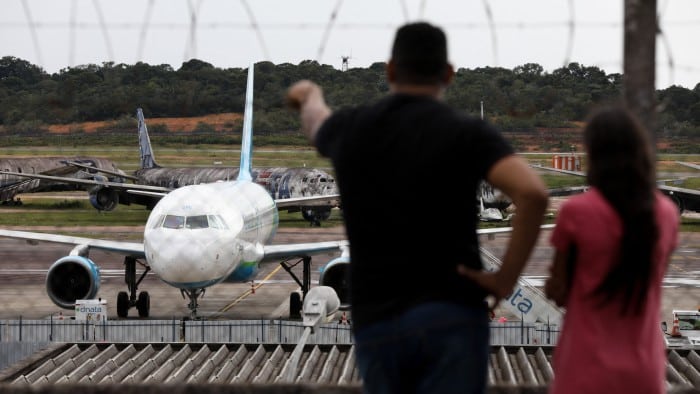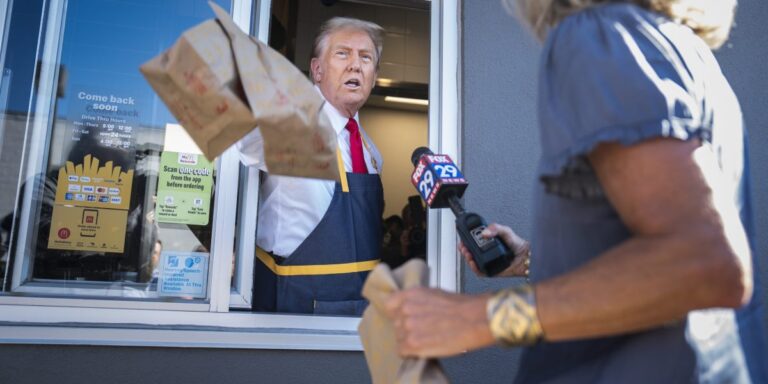[adrotate group="2"]
Donald Trump announced a series of punitive actions against Colombia, including a 25% tariff on Colombian goods, after the country’s leftist President, Gustavo Petro, refused to accept US military flights deporting migrants. Trump’s response came in light of Petro’s protest regarding the treatment of passengers aboard these flights, which the Colombian president described as lacking dignity and respect.
In a statement on Truth Social, Trump claimed that Petro’s decision endangered US national security and public safety. As part of his retaliatory measures, he implemented immediate travel restrictions and proposed revoking visas for Colombian officials and their supporters, alongside enhanced inspections of Colombian nationals and cargo entering the US.
Petro expressed that deported citizens should be treated humanely and indicated that Colombia had already denied entry to US military aircraft carrying deportees earlier in the week, with two flights containing 160 deportees turned away. Analysts noted the significant impact of Trump’s tariffs, as nearly a third of Colombia’s exports are directed to the US, emphasizing the leverage the US administration seeks to exert in enforcing its immigration policies.
Trump’s commitment to a large-scale deportation of illegal migrants has raised concerns among undocumented individuals in the US and elicited resistance from potential regional allies. Petro called for cooperation among Latin American leaders to address migration issues and the drug market dynamics influenced by US policies.
This tension follows an incident where Brazilian officials criticized the treatment of their nationals aboard a US deportation flight, underscoring the sensitive nature of such deportation practices. Historically, Colombia and the US have maintained strong ties, but differing ideological stances between Trump and Petro have emerged, fueling this diplomatic conflict.
Meanwhile, the flow of migrants from Colombia through the Darién Gap has decreased in recent months, a trend attributed to a crackdown by Panamanian authorities against criminal smuggling networks. As migrant numbers remain high, particularly with Venezuelan refugees, Mexico is also engaged in negotiations with the US to avoid similar tariffs on its exports.
photo credit: www.ft.com
[adrotate group="2"]





